Nurturing Tomorrow’s Mobility Innovators Through Hyundai’s Future Mobility School program.
In the rapidly evolving landscape of transportation, Hyundai is taking a remarkable approach to shaping the future by investing directly in the most powerful agents of change: young students. The company’s Future Mobility School program is transforming education across Southeast Asia, empowering children to become leaders in sustainable mobility and environmental stewardship.
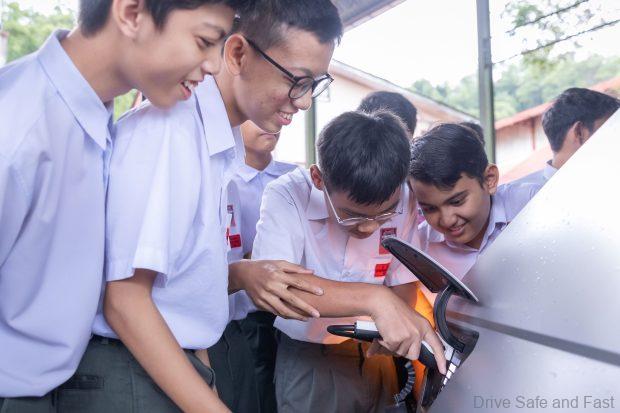
Launched for its second year, the initiative reaches 1,150 students across 12 schools in four Southeast Asian countries. More than just an educational program, it represents a bold commitment to nurturing the next generation of innovative thinkers who will design transportation solutions for a more sustainable world.
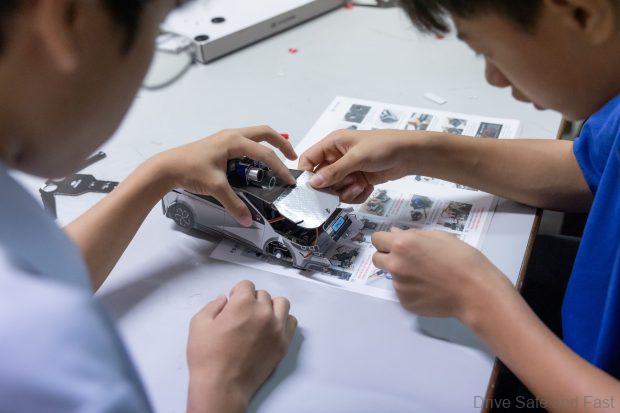
The program’s core philosophy is beautifully simple yet profound. By engaging students in hands-on learning experiences, Hyundai is cultivating creativity, environmental consciousness, and problem-solving skills. Students aren’t just learning about sustainable mobility – they’re actively creating solutions that could shape our transportation future.
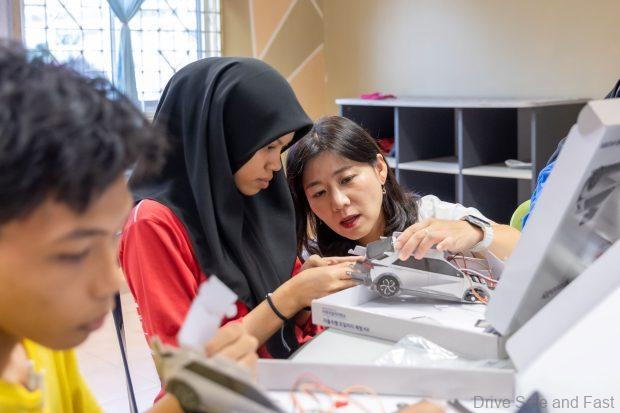
Personal stories from participants highlight the program’s transformative impact. Shahzada, a third-grade student from Indonesia, exemplifies this spirit of innovation. Initially nervous, he discovered joy in creating a recycled wallet from used car seats, emblazoned with the inspiring message “Save the World”. Similarly, Phot Wisethomdee, a 15-year-old from Thailand, emphasized the program’s value, suggesting other schools should adopt similar approaches.
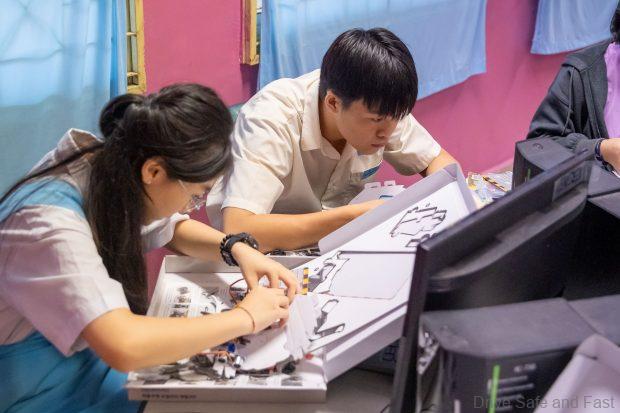
Educators like Sharifah Nur Fazilah from Malaysia have observed significant benefits, noting how the program stimulates student creativity and environmental awareness. By integrating practical skills like recycling with broader concepts of sustainable transportation, the initiative creates a holistic learning experience.
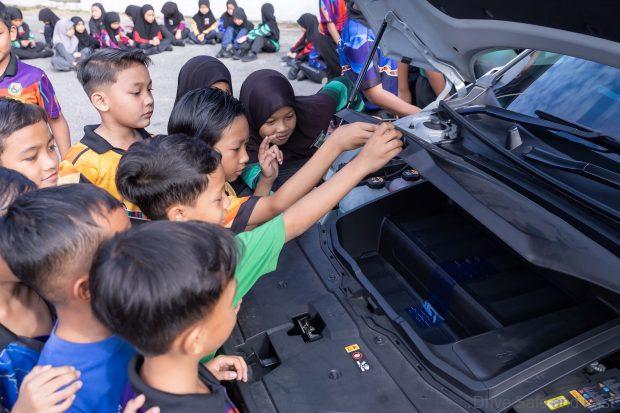
Sunny Kim, President of Hyundai Motor Asia Pacific Headquarter, articulated the company’s vision perfectly: “We are empowering young minds across Southeast Asia with the skills and knowledge to lead in sustainable mobility.” This isn’t just corporate rhetoric – it’s a tangible commitment to developing local talent and driving positive community change.
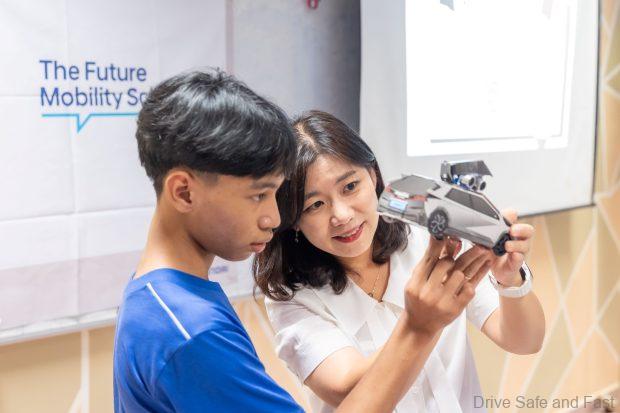
The program has already garnered international recognition. UNESCO APCEIU has praised the initiative, with Lim Wonjin highlighting its role in preparing children to become future leaders committed to creating a sustainable world.
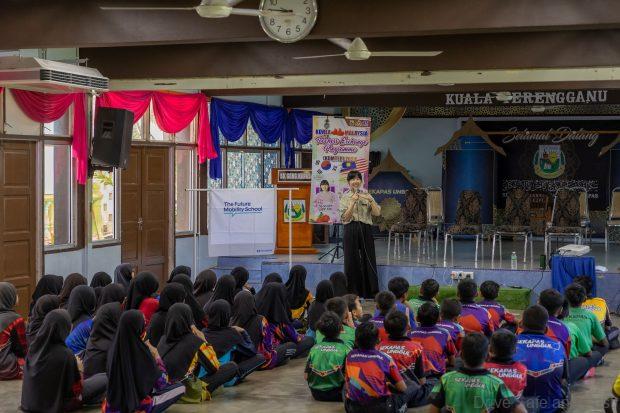
Looking forward, Hyundai plans to expand the Future Mobility School, reinforcing its long-term dedication to youth empowerment and local innovation. By investing in education, the company is doing more than selling vehicles – it’s cultivating a generation of environmental stewards who understand that mobility can be a powerful force for global progress.

